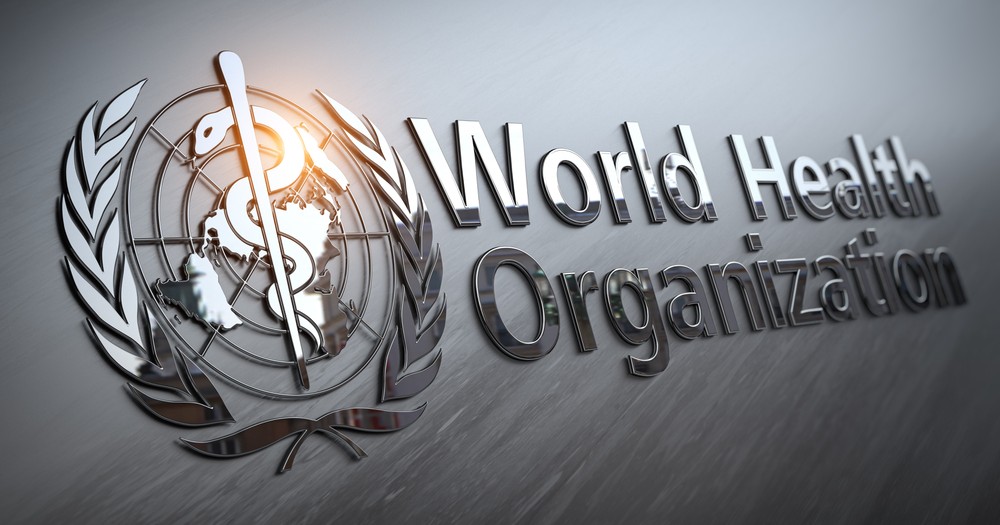WHO working with Saudi Arabia to expand the Hajj Health Card initiative

The World Health Organization (WHO) and the Kingdom of Saudi Arabia have reached a major milestone in digital health by expanding the Hajj Health Card initiative, which aims to enhance healthcare access and safety for the approximately 3 million pilgrims participating in the annual Hajj pilgrimage.
The initiative marks significant progress in global digital health efforts, focusing on ensuring accurate, person-centered care for travelers.
How does it work?
The Hajj Health Card is built on the WHO Global Digital Health Certification Network (GDHCN), utilizing public key infrastructure (PKI) to secure and verify health information. This digital card includes crucial health details like medication, allergies, immunization status, and pre-existing conditions — all stored in a format that is both safe and accessible. Pilgrims can use the card to grant authorized healthcare providers secure access to their health data, enabling tailored, quality care during their pilgrimage.
Launched in 2023, the GDHCN now connects over 80 WHO member states. This global network operates on international standards, allowing countries to verify health information seamlessly across borders — facilitating the Hajj Health Card and other health credentials — including COVID-19 vaccination certificates.
Why does it matter?
The Hajj Health Card represents a significant leap forward in global health security, especially for high-density events like the Hajj, the largest annual pilgrimage in the world.
"By leveraging digital health solutions, we strengthen quality of care," said Dr. Hanan Balkhy, WHO Regional Director for the Eastern Mediterranean.
The initiative is meant to improve individual health outcomes and enhance the efficiency of healthcare systems in participating countries. Furthermore, it demonstrates how digital health tools can scale globally, providing a foundation for future innovations, such as cross-border e-prescriptions, improved telemedicine, and more efficient border controls.
The context
The Hajj Health Card program emerged as a response to the logistical and healthcare challenges posed by the Hajj, which brings together pilgrims from over 180 countries. During the pilot phase in 2024, over 250,000 pilgrims from Indonesia, Malaysia, and Oman received health cards. The success of this test phase demonstrated that countries can issue their own national versions of the card while maintaining global standards, thus improving safety and care for pilgrims.
The broader GDHCN initiative aims to make healthcare more accessible and streamlined worldwide. With the involvement of over 80 nations, this network is paving the way for more standardized and secure health data management across borders, ensuring individuals have more control over their health information, regardless of where they are.
"Today marks a notable progress in WHO's support to Member States," stated Dr. Jeremy Farrar, WHO Chief Scientist, emphasizing the collaboration's potential to build stronger, more digitized health systems.
💡Did you know?
You can take your DHArab experience to the next level with our Premium Membership.👉 Click here to learn more
🛠️Featured tool
 Easy-Peasy
Easy-Peasy
An all-in-one AI tool offering the ability to build no-code AI Bots, create articles & social media posts, convert text into natural speech in 40+ languages, create and edit images, generate videos, and more.
👉 Click here to learn more


